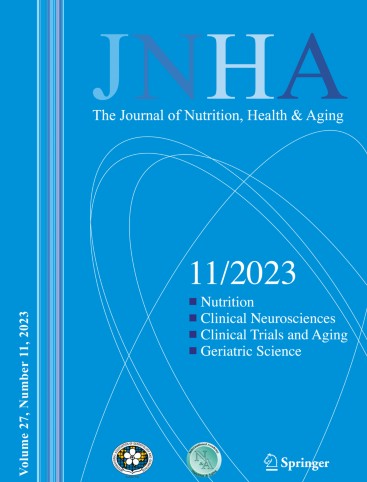使用固体燃料造成的室内空气污染对肾功能和慢性肾病的快速下降的影响:一项全国性的纵向队列研究
IF 4
3区 医学
Q1 GERIATRICS & GERONTOLOGY
引用次数: 0
摘要
该研究调查了非清洁燃料造成的室内空气污染与肾功能下降之间的关系,特别是在中国的中老年人群中。该前瞻性队列研究包括4207名参与者,通过eGFR(使用血清肌酐和胱抑素C)评估肾功能。使用Logistic回归模型来检验家庭固体燃料使用与肾脏快速衰退和慢性肾病风险之间的联系。敏感性分析也使用单独基于肌酐或胱抑素C的eGFR估计进行。结果趋势回归显示,更频繁地使用固体燃料与肾脏快速衰退和CKD的高风险相关。仅用于烹饪的固体燃料与CKD的高风险相关(OR 1.70;95% ci: 1.07-2.70)。从固体燃料转向清洁燃料烹饪的参与者肾脏功能没有明显变化。亚组分析显示,女性、受教育程度较低的人、不吸烟者、不饮酒者、已婚或同居的人在使用固体燃料取暖时患肾衰竭和慢性肾病的风险更高。同样,那些受教育程度较低、不吸烟、已婚/同居的人也会因为使用固体燃料做饭而增加慢性肾病的风险。胃肠疾病患者在使用固体燃料取暖时,肾功能快速下降的风险明显更高。使用固体燃料的高血压患者发生快速肾功能下降和慢性肾病的风险升高。居住在使用固体燃料的混凝土或钢结构多层建筑中的居民患肾衰竭和慢性肾病的风险最高。居住面积小于120平方米且使用固体燃料的家庭也面临着肾功能下降的风险增加。结论:研究结果表明,室内空气污染与肾脏疾病风险增加之间存在密切联系。改善家庭供暖和烹饪条件有助于预防肾脏损伤。本文章由计算机程序翻译,如有差异,请以英文原文为准。
The impact of household air pollution from solid fuel use on rapid decline in kidney function and chronic kidney disease: A nationwide longitudinal cohort study
Background
The study investigates the link between indoor air pollution from non-clean fuels and kidney function decline, particularly in middle-aged and elderly individuals in China.
Method
This prospective cohort study included 4,207 participants, with kidney function assessed through eGFR (using serum creatinine and cystatin C). Logistic regression models were used to examine the link between household solid fuel use and the risk of rapid kidney decline and CKD. Sensitivity analyses were also conducted using eGFR estimates based on creatinine or cystatin C alone.
Results
Trend regression revealed that more frequent solid fuel use was associated with higher risks of both rapid kidney decline and CKD. Using solid fuels only for cooking was associated with a higher risk of CKD (OR 1.70; 95% CI: 1.07–2.70). Participants who switched from solid to clean fuels for cooking showed no significant changes in kidney function. Subgroup analysis revealed that women, individuals with lower education, non-smokers, non-drinkers, and those married or cohabiting had higher risks of rapid kidney decline and CKD with solid fuel use for heating. Similarly, those with lower education, non-smokers, and married/cohabiting individuals also had increased CKD risk with solid fuel use for cooking. Patients with gastrointestinal diseases had a significantly higher risk of rapid kidney function decline when using solid fuels for heating. Hypertensive patients had elevated risks of both rapid kidney decline and CKD with solid fuel use. Residents of concrete or steel multi-story buildings using solid fuels had the highest risks of rapid kidney decline and CKD. Those living in homes smaller than 120 square meters with solid fuel use also faced increased risks of kidney function decline.
Conclusion
The results show a strong link between household air pollution and increased risk of kidney disesases. Improving household heating and cooking conditions could help prevent kidney damage.
求助全文
通过发布文献求助,成功后即可免费获取论文全文。
去求助
来源期刊
CiteScore
7.80
自引率
3.40%
发文量
136
审稿时长
4-8 weeks
期刊介绍:
There is increasing scientific and clinical interest in the interactions of nutrition and health as part of the aging process. This interest is due to the important role that nutrition plays throughout the life span. This role affects the growth and development of the body during childhood, affects the risk of acute and chronic diseases, the maintenance of physiological processes and the biological process of aging. A major aim of "The Journal of Nutrition, Health & Aging" is to contribute to the improvement of knowledge regarding the relationships between nutrition and the aging process from birth to old age.

 求助内容:
求助内容: 应助结果提醒方式:
应助结果提醒方式:


